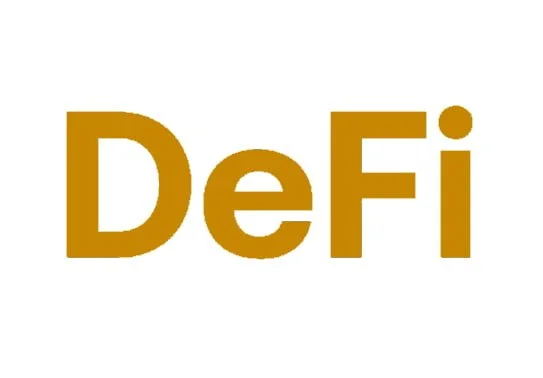Decentralized Finance (DeFi) is reshaping how the world transacts, offering financial services without traditional intermediaries. While DeFi provides new opportunities for financial inclusion and efficiency, it also comes with notable risks. Here’s a closer look at the advantages and disadvantages of DeFi—and how they shape the future of finance.
DeFi Brings Accessibility and Financial Empowerment
One of DeFi’s biggest advantages is democratization. Anyone with an internet connection can access DeFi services, bypassing the need for banks or credit checks. For the 1.7 billion adults worldwide without bank accounts, DeFi opens the door to financial products like savings, loans, and trading.
DeFi also eliminates many costs associated with traditional banking. By leveraging blockchain and smart contracts, users can execute peer-to-peer transactions directly, with greater transparency and efficiency.
Also read: How to Mine Bitcoin at Home in 2025: 4 Top Strategies for New and Experienced Miners
Security and Speed—but Not Without Risks
Built on blockchain technology, DeFi platforms offer greater transparency, with transactions that can be audited publicly. Many users appreciate having full control over their assets and data.
However, security remains a critical concern. Poorly coded smart contracts have led to major hacks and exploits. Without insurance or regulatory protection, users shoulder the full risk of financial loss in the event of a security breach.
Navigating Regulatory Uncertainty
DeFi’s legal landscape is murky. With little regulatory clarity in most jurisdictions, users and developers face uncertainty around compliance and enforcement. Future regulatory changes could impact the stability and growth of DeFi platforms.
Additionally, Ethereum’s scalability challenges—high fees and slower transaction speeds during congestion—still limit mainstream usability.
Successful DeFi Projects Show the Sector’s Promise
Projects like Compound, Uniswap, and Aave showcase the benefits of DeFi in action. Compound enables users to earn interest on crypto holdings, while Uniswap simplifies token swaps and reduces trading fees. Aave offers innovative features like flash loans, expanding use cases in blockchain finance.
Despite these innovations, users must remain cautious and informed about the inherent risks as DeFi continues to evolve.




